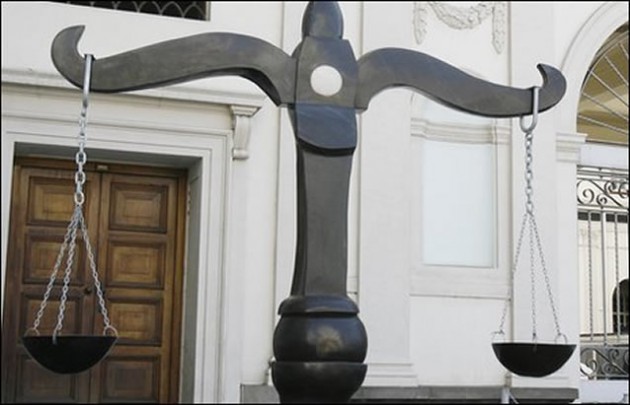Legal experts rap Supreme Court ruling

 Fidelis Munyoro Chief Court Reporter
Fidelis Munyoro Chief Court Reporter
The recent Supreme Court judgment allowing indiscriminate termination of employment contracts on notice has a negative impact on the social and economic rights of the Zimbabwean workforce among them security of tenure on employment, Legal experts have said.
The experts condemned the judgment, describing it as a security threat and urged Parliament to move fast to align the labour law with social and economic rights enshrined in the Constitution.
The ruling, whose devastating effects are already being felt in the labour sector, was delivered last week.
Hundreds of workers have lost their jobs in the past six days as companies reeling under severe liquidity crunch and viability challenges moved with speed to terminate employment contracts on notice.
Legal expert Mr Tendai Toto said the Supreme Court ruling stated the legal position on termination of employment on notice in terms of the provisions of the Labour Relations Act.
“It is, however, unfortunate that the law that has been pronounced has negative impact on the social and economic rights of the Zimbabwean workforce which include security of tenure on employment, the right to get employment, the right of professional progression, the right to earn a decent living and the right to belong to a family and family unit, shelter and basic health to mention but a few,” said Mr Toto.
He said employees were left at the whim, will and non-justifiable prerogative of employers who could interpret the law to mean that employment contracts can be terminated at their absolute discretion with or without a justifiable cause including victimisation on tribal grounds, refusal to succumb to sexual advances.
“The law can be a security threat in that many people will be rendered jobless and join the vengeful vendor community that has defied authorities,” he said.
Mr Toto said Parliament should move to align the statutory labour law legislation with Constitutional social and economic rights and international labour law standards and workforce rights otherwise retrenchment laws and the disciplinary process at the workplace would be rendered irrelevant.
Renowned labour lawyer Mr Selby Hwacha said the judgment was correct in its findings that the common law allows the right of any employer to terminate on notice still exists in the country’s statutes.
He said the judgment, however, did not explain whether any employer could terminate on notice to avoid compliance with provisions of the labour law which regulates retrenchment, dismissal, misconduct and termination on medical grounds.
“In other words whether the right to terminate on notice still exists that judgment has not necessarily made clear that the retrenchment regulation, termination of employment regulation, termination on medical grounds are redundant,” said Mr Hwacha. “That is a matter which still needs to be debated in the Supreme Court and I am sure other matters will come before the court where these issues will be debated.”
Mr Hwacha warned employers against rushed and arbitrary embracing the judgment.
“In my opinion employers should not apply what appears to be in judgment simplistically and literally without circumspection,” he said.
Another lawyer Mr Obert Gutu said: “The Supreme Court judgment has taken labour law in Zimbabwe 35 years backwards.”
He said while the judgment might appear sound at law and unassailable in its narrow and very restrictive analysis of the provisions of Section 12B and Section 12(4) of the Labour Act (Chapter 28 :01), the judgment could not successfully withstand scrutiny in the Constitutional Court.
“One can successfully argue that the judgment violates the Constitution by infringing on the right to fair labour practice,” he said.
Mr Gutu said the judgment would be most likely overturned on appeal at the Constitutional Court. Mr Sternford Moyo, also top lawyer, welcomed the ruling saying it puts employers and employees on equal footing.
“If the legislation is not happy with the interpretation of the law the remedy is to amend the Act,” said Mr Moyo. “But as it is the court has no choice but to state the law as it is.”










Comments